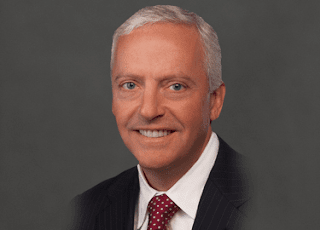Macro Vol Commentary

For domestic equity markets, 2019 started off in a very similar manner to 2018, with a January rally that was a far cry from Q4 market fragility. Fed chair Powell’s dramatic policy U-turn wrong-footed many investors by entirely removing its upside bias on rates and standing in stark contrast to the hawkish stance that broke the “buy-the-dip” mentality that popped the low volatility bubble in 2018. A reliable Volatility Manager offers cutting-edge fund strategies to investors for managing business efficiently in a volatile environment. With the Fed put strike back with a vengeance and the FOMC tightening cycle seemingly put on hold, January volatility was crushed throughout the US and the short vol trade was back in earnest. The decline in stress was broad based as implied volatility metrics fell across all 5 major asset classes. On a similar note, despite Emerging market equity and FX vol among the first to raise from the low vol doldrums in 2018, the Fed U-turn was

